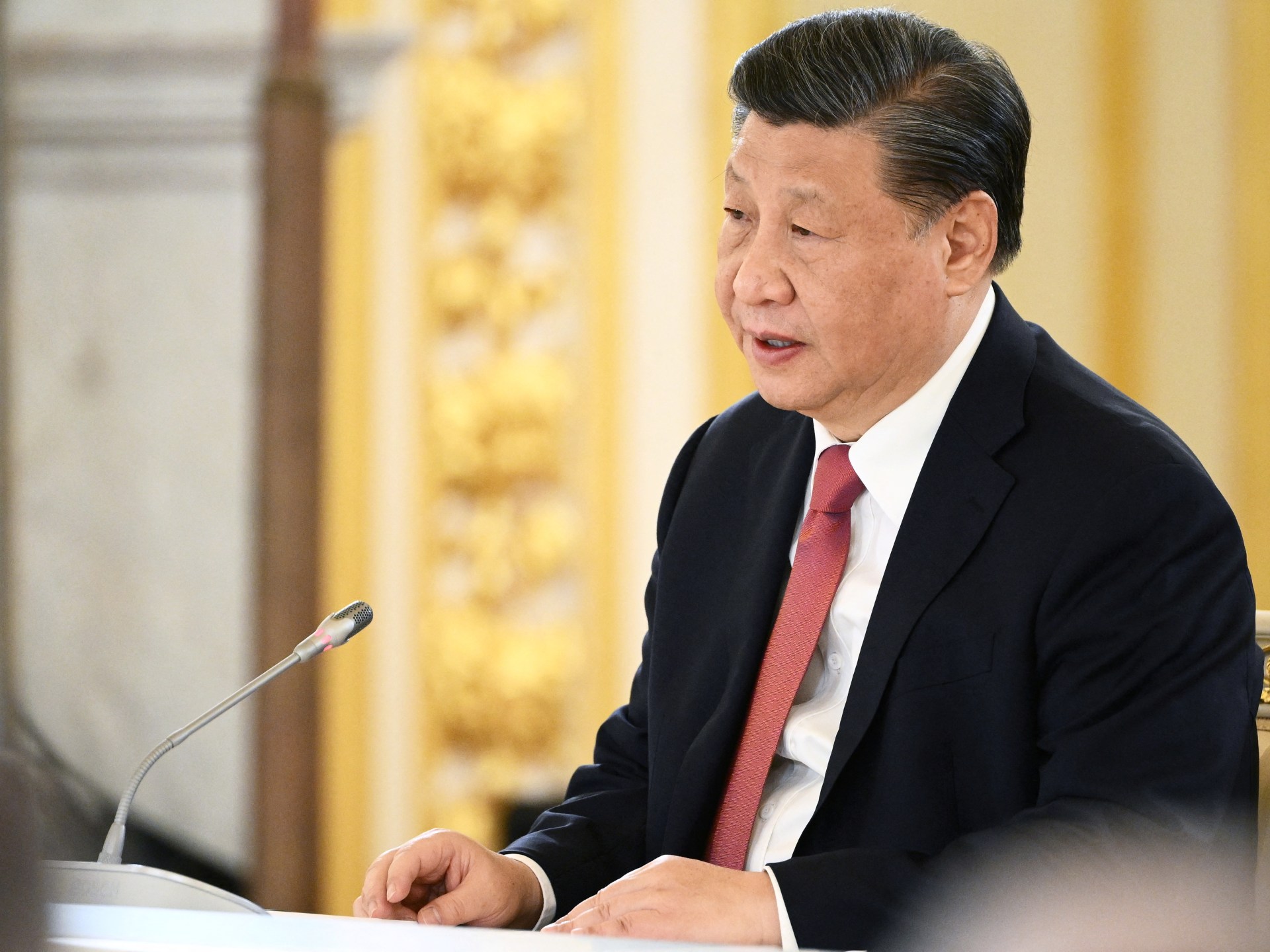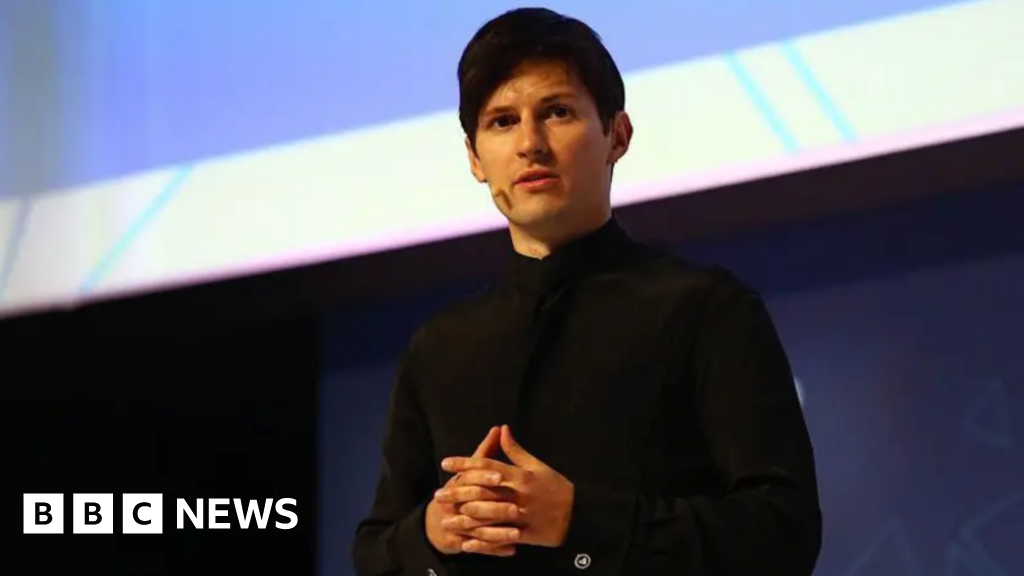Peru holds funeral for Fujimori, former president linked to rights abuses | Conflict News
Fujimori’s funeral draws well-wishers as well as detractors as debate over his legacy continues to roil the country.
Peru is holding a state funeral for former President Alberto Fujimori, capping three days of national mourning for the leader who died this week and spent time in prison for corruption and human rights abuses during his rule.
The funeral began at the National Theatre in the capital, Lima, on Saturday before an audience that chanted the ex-president’s nickname, “Chino”, affectionately given due to his Japanese heritage.
His daughter Keiko Fujimori spoke in front of a large photo of her father.
Many Peruvians credit Fujimori with stabilising the economy through a programme of economic shock therapy and dismantling the fearsome Maoist rebel group Shining Path during his rule throughout the 1990s.
But others see him as a corrupt, authoritarian figure whose abuses have scarred and weakened the country’s democracy ever since.
“It’s a shame because they’re recognising someone who was convicted and sentenced by the state itself for serious crimes,” Gisela Ortiz, the sister of a student killed during the Fujimori era, told local radio station Exitosa.
Fujimori was convicted in 2009 on charges related to the murder of 25 people by government death squads during his tenure.
He was released by a Peruvian court due to his age in December in defiance of an order from the Inter-American Court of Human Rights.
He carried out a self-coup in 1992 that shuttered the legislature and judiciary, and his government oversaw a campaign of forced sterilisation that targeted women in the country’s poor and largely Indigenous rural areas.
A government Truth Commission has estimated that nearly 70,000 people were killed during the fight against Shining Path, a period of conflict that has left lasting scars in Peru.
Still, the violence spread by the armed group, known in Spanish as Sendero Luminoso, was such that many Peruvians were willing to forgive the government’s own repressive tactics.
“Thanks to him, terrorism is over,” Felicita Ruiz, who came from the Andean region of Ayacucho to pay her respects to Fujimori in Lima, told the Reuters news agency.
Campaigning as an unassuming political outsider against national literary hero Mario Vargas Llosa, Fujimori’s victory in the 1990 presidential election shocked the country.
His fall was just as dramatic as his rise,with corruption scandals and the massacres by government death squads tarnishing his reputation.
He fled Peru after footage emerged of his spy chief Vladimiro Montesinos distributing cash to government officials, and he sent his resignation from Japan via fax in 2000.
Check out our Latest News and Follow us at Facebook
Original Source







